People's Artist Nguyen Hai holds the rank of Police Colonel and was in charge of the People's Police Drama Troupe. He is currently the Deputy Director of the Institute for Applied Arts Development Research under the Vietnam Craft Villages Association. In a conversation with VietNamNet, People's Artist Nguyen Hai shared about his thorny journey to the artistic path as well as the behind-the-scenes stories behind his "lifetime" villain roles.
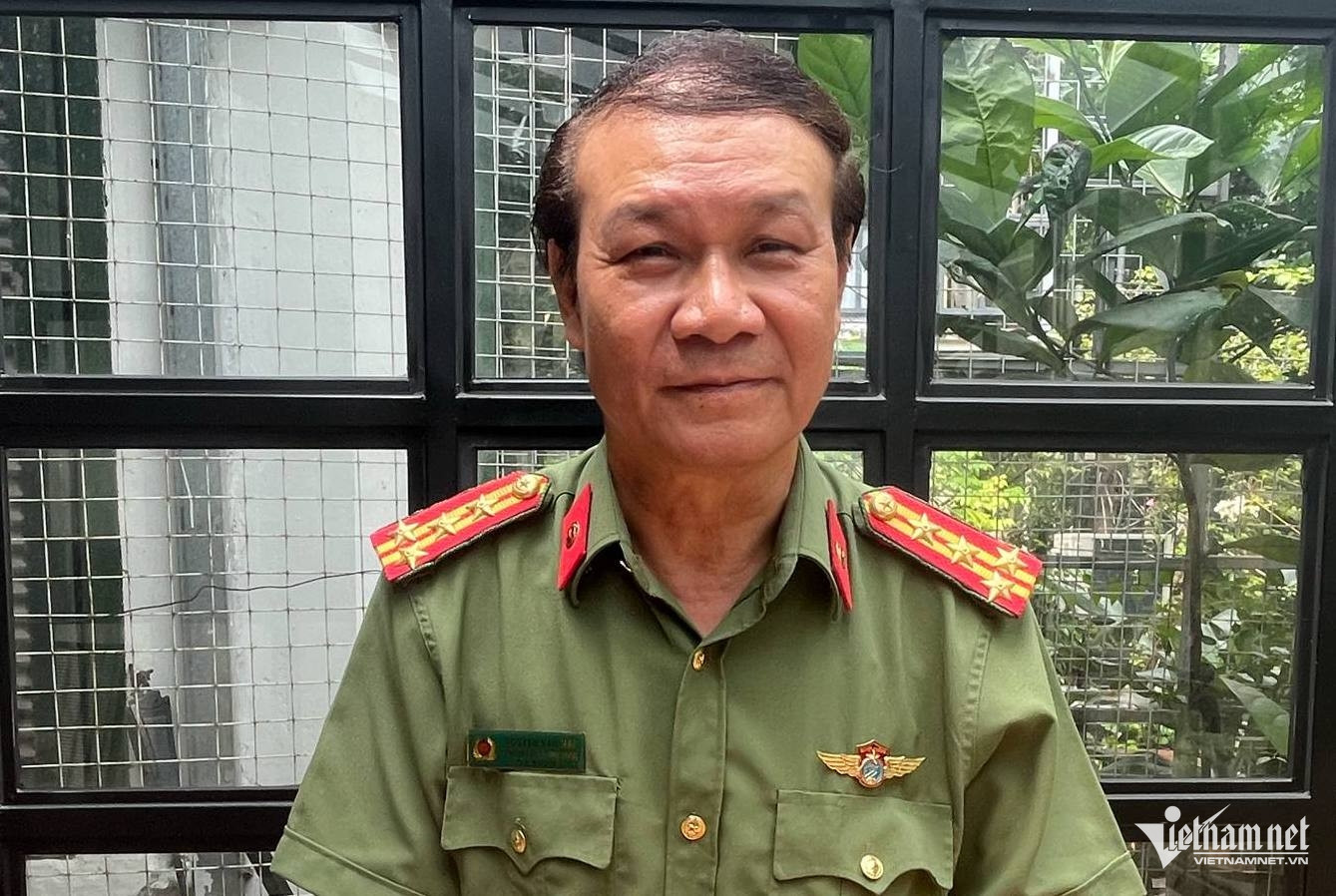
Disowned by father for acting "bad" too well
- From a former mine digger, what chance led you to become an actor?
Before becoming an actor, I decided to study mining at the University of Mining and Geology from 1975 to 1980. After graduating in 1980, I worked as a mining engineer for a while. In 1981, I took the entrance exam to the University of Theater and Cinema and was accepted.
During my time working in the mines in Quang Ninh province, the troupe of the Vietnam Drama Theatre often came down to perform plays for the workers. At that time, I had the opportunity to meet veteran artists of that time such as Trong Khoi, The Anh, Tran Tien. They said I had talent and encouraged me to apply to the University of Theater and Cinema.
- How did you start your acting career?
During my poor student years, I struggled to make a living by doing many jobs, from selling old newspapers to working for stores. In addition, at that time, acting jobs were not as diverse as they are now, so I had few opportunities to participate in real acting.
But after graduating in 1986, I was fortunate to join the drama troupe of the University of Theatre and Cinema and performed in several provinces. In particular, the role of Thiet in the play " He is not my father" by Luu Quang Vu created a stepping stone for me to go further in my career by leaving a special impression on the directors.
Thanks to this role, I affirmed my acting ability and was selected to collaborate with the People's Police Drama Troupe after 4 years. In 1991, I was assigned to the unit and was awarded the rank of technical lieutenant (green rank).
- How is acting at the police drama troupe different from outside drama theaters, sir?
The People's Public Security Drama Troupe carries out the tasks assigned by the Party, the State and ministries and branches with the function of artistic activities. To carry out its political mission, the People's Public Security Drama Troupe is under the direct management and direction of the Ministry of Public Security and the Ministry of Culture, Sports and Tourism.
Each artist in the troupe carries the responsibility of not only creating art but also spreading the image of patriotic police officers, dedicated to the people, to the public.
- Is there any contradiction between a police colonel who specializes in playing the role of a criminal or a villain or a corrupt police officer?
Wearing the rank of Colonel is the uniform of the industry during work. However, playing the role of a villain is an artistic activity. When working in the field of culture and art, not everyone can play the role of a villain well.
The casting of roles is decided by the director according to the requirements of the script. There may be people whose appearance is suitable but whose acting style and mannerisms are not. For such roles, the acting style and mannerisms must meet the requirements of the script and the film director.
- What makes directors continuously choose you as a villain?
When I first came to the People's Police Theater, I was often assigned positive roles. However, these roles did not leave an impression and were not as successful as the negative roles I played later. When I played Trinh Kha in Story of Nho Village, I fell into negative roles on television and on stage. Even after the film aired, my father disowned me because I played the "bad" role so well that it caused the neighbors to gossip and gossip.
Once "lost sleep and appetite" because of Can in the movie "Quynh doll"
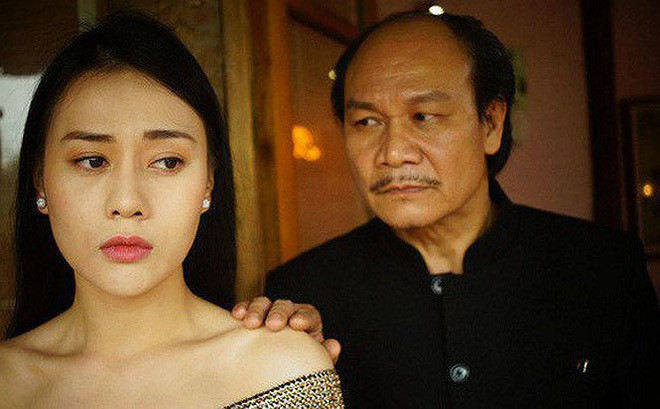
- Which role is the most difficult for you?
Actually, short or long roles are not important to an actor. Each role has its own difficulties. But the roles that made me struggle were Trinh Kha in Story of Nho village, Tran Hung Lan in Secret of life or CEO Le Thanh in Running from the law.
But for me, the most difficult role was Can in the movie Quynh Doll. In the police environment, we don't have the conditions or time to go to karaoke or hang out in society. Before filming, I had to go to karaoke bars for about 10 days to socialize and learn about the negative aspects of karaoke bars.
I want the role of Can to be as realistic and close to reality as possible, so that the audience can see that somewhere they have met that type of person in real life.
- Do you want to play positive roles or limit yourself to the negative roles that directors have chosen?
I have played positive roles in dramas. Now I hope that television dramas will favor me with positive roles. I am still waiting and don't know when it will come true.
- When filming hot scenes with actresses younger than and the same age as your children, did you encounter many obstacles?
When working in the arts, I only care about the quality of my work and the success of the film. Of course, before filming, my co-stars, the director and I will have to agree on how to act out the scene and what the movements will be. I do not consider the actors as my children but as colleagues, so there are no emotional obstacles. However, I have a principle: If you do not play the role well, the scene will become unreal, but you are not allowed to act too "real" and need good acting techniques to avoid unnecessary problems.
- After retirement, do you still act in many movies?
After retiring, I have been acting less and less. I will only act and accept roles if the director invites me and the script suits me. At this age, I am not ambitious enough to ask for roles, instead I focus on my work at the Institute for Applied Arts Development and Research.

Source: https://vietnamnet.vn/dieu-it-biet-ve-nsnd-dai-ta-cong-an-nguyen-hai-chuyen-tri-vai-phan-dien-2406459.html





















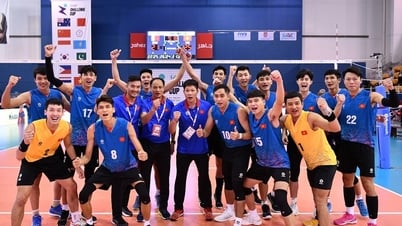









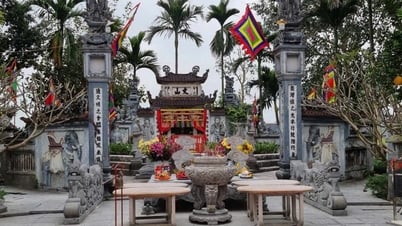

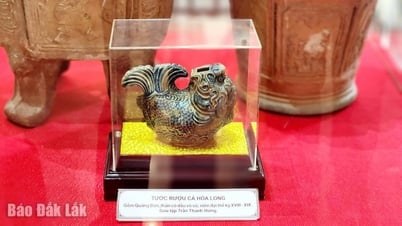

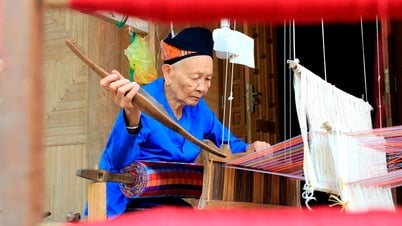





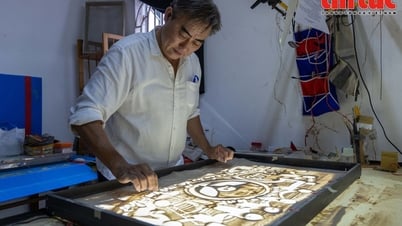


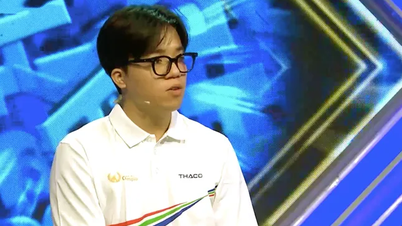










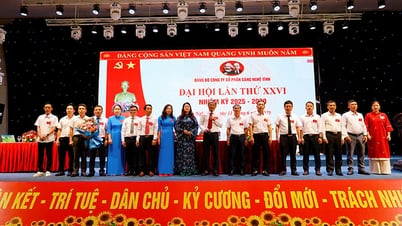




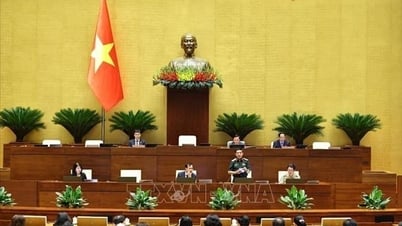




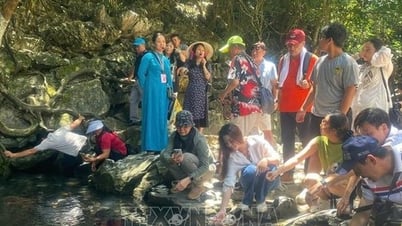




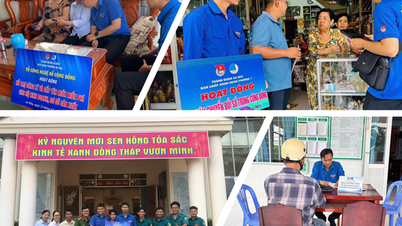





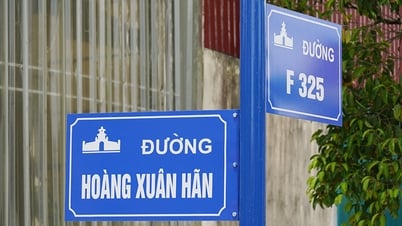



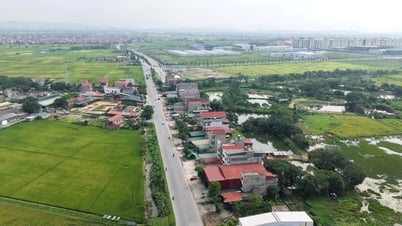











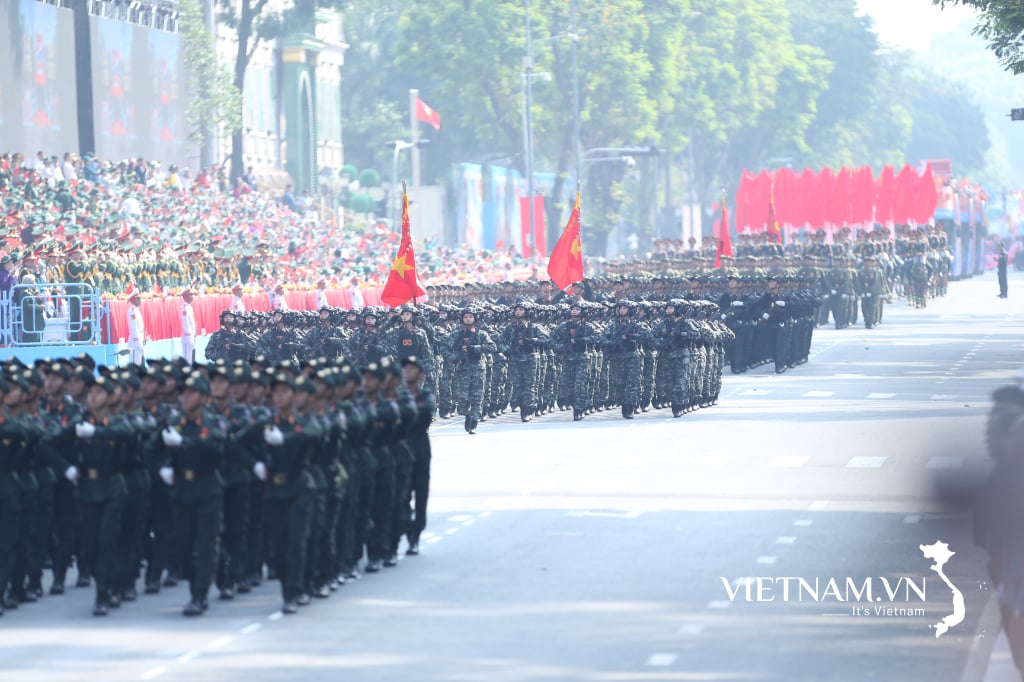



Comment (0)